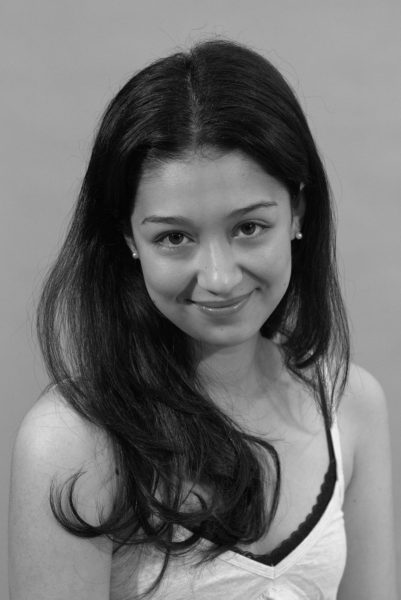Do you check your email? If you didn’t last month, here’s what you may have missed: CRLS wants you to know that community expectations have been reset and that, come September, the school will tolerate no phones in class.
Upon entering any classroom next year, you can expect to abandon your phone in the school-wide baggies by the door. If you refuse, administration has helpfully provided an alternative: magnetically locking up your phone (see article photo). These baggies, called Yondr packs, are heavily padded and can be unlocked only via the magnetic bases located in your Learning Community.
Other new “expectations” outlined by administration include bans on recording fights, taking breaks during class, or carrying “contraband”: weapons and vapes. CRLS is also continuing its perpetual demand for visible IDs – and is working to come to an agreement with the MBTA to combine T-passes and CRLS ID cards, a system that is already in place at Boston Public Schools.
Principal Damon Smith, who developed many of the new expectations, explained that the phone policy is the most important. “It’s not that we have had more cases of misconduct since the pandemic – it’s just that the intensity is much higher,” he told the Register Forum. “We’re seeing that phones amplify the level of skipping class and of physical altercations. Some scholars are not able to kind of disassociate themselves from the pinging, the ringing, the buzzing, the vibrating.”
Teachers agreed: “Solve the phone problem, you solve all of them,” Benji Cohen told the Register Forum. Rachel Otty, another CRLS teacher, had similar thoughts. “I’m interested in a school-wide policy where the expectations are clear, the accountability component is really clear, and it’s consistently enforced.” Still, she says, it must be done in a way that doesn’t place the burden of enforcement on teachers. “That’s a lot of people you’re depending on to uphold a policy, and I think it needs to be more centralized.”
The five-phase implementation plan shared by administrators specifies that the month of April was intended to serve as a trial month.The plan got pushed back slightly, Principal Smith says, though he hopes for a launch in late May through early June. The full implementation will come in September, after training and professional development for teachers and staff.
Communication about the expectations has been minimal – or at least has not been widely received. “There was a community reset?” said Krissie Alexis ’26. Many other students and teachers had the same question. “The only parts that I heard about was the phone policy – one of my teachers went over it for a second and then laughed about it,” said Leena Henet ’25. Urbana Barua ’25 agreed, telling the Register Forum,“There’s no transparency between administration and teachers and students sometimes – the message gets lost.”
Students expressed regret at preparing to say their final farewells to their phones. “Sometimes I finish my work early and what am I supposed to do – stare off into space?” asked Elena Montalvo Ramirez ‘25. Others suggested that the new expectation is a symptom of a deeper gulf between students and administration. “I feel like policies like this create more distrust – it’s like administration don’t trust us to make our own decisions,” Amrin Jenny ‘25 told the Register Forum.















